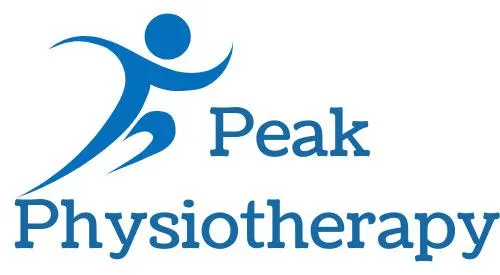
How Physiotherapy Can Help You Stay Active as You Age
Staying active as we get older isn't just a goal — it's essential for maintaining independence, health, and overall wellbeing. But age-related changes in the body can make movement more challenging. That’s where physiotherapy comes in. Whether it’s helping with joint stiffness, improving balance, or managing chronic pain, physiotherapists play a key role in helping people stay active and mobile throughout their later years.
In this post, we’ll explore how physiotherapy can support healthy ageing and offer practical ways it can keep you moving comfortably and confidently.
Why Staying Active Matters As You Age
Physical activity is one of the most powerful tools for ageing well. It supports:
Heart and lung health
Joint flexibility
Muscle strength
Bone density
Mental wellbeing
Balance and coordination
However, it’s common for people to slow down due to discomfort, fatigue, or fear of falling. This can start a cycle of reduced mobility, loss of strength, and increased risk of injury — but it doesn’t have to be that way.
The Role of Physiotherapy in Healthy Ageing
A Chartered Physiotherapist can assess your current level of mobility, identify areas of weakness or imbalance, and create a personalised plan to help you maintain (or regain) strength and confidence in your body.
Here’s how physiotherapy can help you stay active:
1. Improving Strength and Flexibility
Muscle mass naturally decreases with age, but targeted exercise can slow or reverse this loss. Your physiotherapist can guide you through strength-building exercises that are safe, low-impact, and tailored to your abilities. Flexibility routines can also ease joint stiffness and improve posture — both key to comfortable movement.
2. Supporting Joint Health
Conditions like osteoarthritis can make daily activities more painful. Physiotherapy helps by improving joint mechanics, reducing inflammation through movement, and teaching proper body mechanics to avoid excess strain. If needed, hands-on techniques like manual therapy may also be used to improve joint function.
3. Enhancing Balance and Preventing Falls
Falls are one of the leading causes of injury in older adults, but many falls are preventable. Physiotherapists can assess your risk of falling and help improve your balance, coordination, and leg strength. They may also recommend simple home modifications or assistive devices, if necessary.
4. Managing Chronic Conditions
From arthritis and back pain to post-surgical recovery, physiotherapy can help manage a range of chronic issues common in older adults. With techniques tailored to your condition, physio can reduce pain, improve mobility, and make daily life more manageable.
5. Boosting Confidence to Move
Sometimes, it’s fear — not just physical limitation — that stops people from being active. A physiotherapy programme can build your confidence by showing you how to move safely, understand your limits, and progress at a pace that feels right for you.
Why It’s Never Too Late to Start
No matter your current activity level, there’s always room to improve mobility, strength, and quality of life. Physiotherapy meets you where you are — whether you’re recovering from an injury, managing a chronic condition, or simply wanting to keep up with grandchildren.
Our team at Peak Physiotherapy Clinic works with people of all ages, helping them move more freely, with less pain and more confidence. With support and the right guidance, staying active into your 60s, 70s, and beyond is absolutely possible.
When to Consider Seeing a Physiotherapist
If you're noticing:
Increased stiffness or joint pain
Trouble with balance or walking
Muscle weakness or loss of coordination
Slower recovery from everyday activities
A drop in confidence with movement
…it’s worth booking an assessment. Early intervention can make a significant difference in how well you age — and how independent you remain.
Final Thoughts
Physiotherapy isn’t just for treating injuries — it’s a proactive way to age well, stay strong, and continue doing the things you love. Whether it’s gardening, walking the dog, or playing with the grandkids, physiotherapy can help keep your body ready for life.



